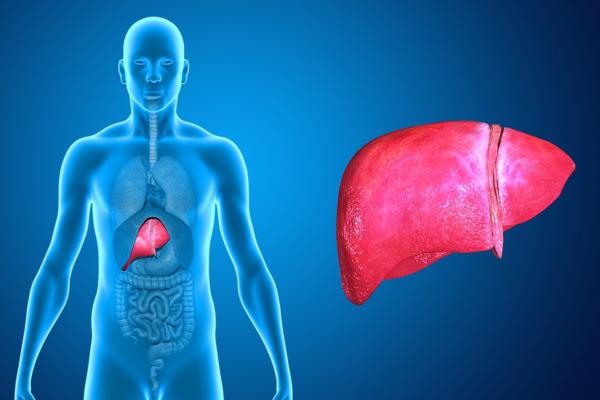Tylenol Liver Damage Causes, Symptoms, Diagnosis and Treatment

What is Tylenol Liver Damage?
Tylenol Liver Damage is a liver disease brought about by abusive consumption of the drug Tylenol, an effective analgesic & antipyretic medication used to treat headache & fever.
Causes of Tylenol Liver Damage
The most acetaminophen that is safe for most people to take is 4,000 milligrams (4 grams) in a 24-hour period. An overdose means you have taken more than is safe in a 24-hour period. The following are ways an unplanned overdose may happen:
You take more than the recommended dose. You might accidentally take too much if your pain or fever did not go away after the recommended dose. You may also get too much if you take acetaminophen for too many days in a row.
You accidentally take more than one medicine at a time. Many medicines contain acetaminophen along with other drugs. These include medicines for colds, the flu, allergies, or trouble sleeping. You may have taken more than one medicine that contains acetaminophen, and the total was too much.
You take an extended-release form. When you take extended-release pills, the medicine stays in your body longer. You are supposed to take these medicines less often than you would take regular acetaminophen. If you take this medicine too often, you will have too much in your body at one time.
Symptoms of Tylenol Liver Damage
Soon after taking an overdose of acetaminophen, the person may have no symptoms from taking a toxic amount. They may remain symptom free for up to 24 hours after taking a toxic overdose of acetaminophen.
After this initial period, the following symptoms are common in acetaminophen (Tylenol) poisoning:
- Nausea
- Vomiting
- Not feeling well
- Not able to eat or poor appetite
- Abdominal pain
Diagnosis of Tylenol Liver Damage
He may check your skin for color changes and your stomach for pain. You may also need any of the following:
Blood tests are used to check the amount of acetaminophen in your blood.
Liver function tests may show if your liver is working properly.
Prothrombin time (PT) and INR rates measure how long it takes for your blood to clot. If your liver is damaged, your blood may not clot properly. You could have serious bleeding problems.
Treatment of Tylenol Liver Damage
Treatment in the emergency department depends on the condition of the person and any other medications taken.
If someone is suspected of having taken an overdose but has no symptoms, the doctor may begin the following treatment:
Emptying of the stomach: In the very few cases in which a person comes to the hospital minutes after taking the overdose, the doctor may attempt to empty the stomach. This can be accomplished by inducing vomiting or by placing a large tube through the person’s mouth and into the stomach, putting fluid in and then pumping it out (gastric lavage).
N-acetylcysteine (NAC): NAC is the antidote for toxic acetaminophen overdose. It is generally given by mouth. The medication has a foul odor but may be mixed with juice or other flavorings to make it taste better. If the person cannot take NAC by mouth, a tube may be placed through the mouth and into the stomach to help administer it. If giving NAC by this method is not possible, the doctor may choose to give it by IV. NAC is generally given for 20-72 hours.
Activated charcoal: Activated charcoal can be given by mouth to bind any drug remaining in the gastrointestinal tract.
Related Articles:
Enlarged Liver Symptoms, Causes, Diagnosis and Treatment
Amebic Liver Abscess Symptoms, Causes, Diagnosis and Treatment
Alcoholic Liver Disease Symptoms, Causes, Diagnosis and Treatment
Acute Liver Failure Symptoms, Causes, Diagnosis and Treatment
Fatty Liver Diet plan and how does it works?
Fatty Liver Disease Causes, Symptoms, Diagnosis and Treatment
Liver Hemangioma Symptoms, Causes, Diagnosis and Treatment
By : Natural Health News




